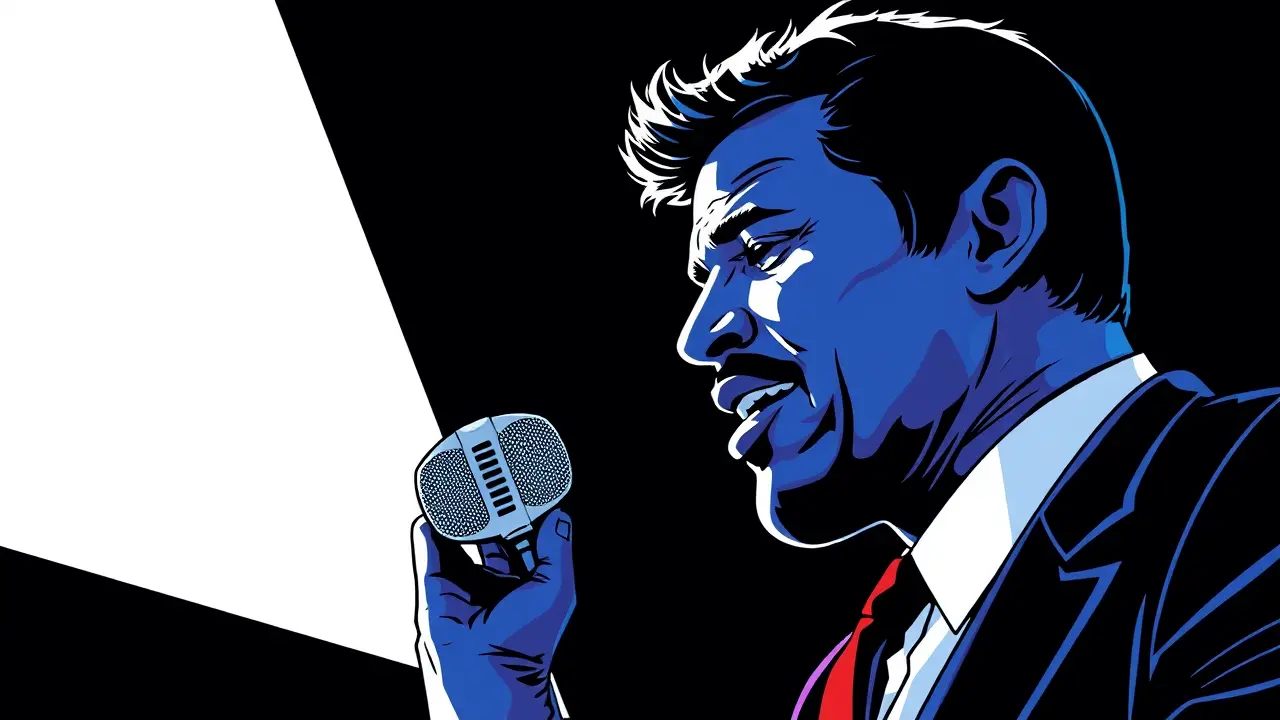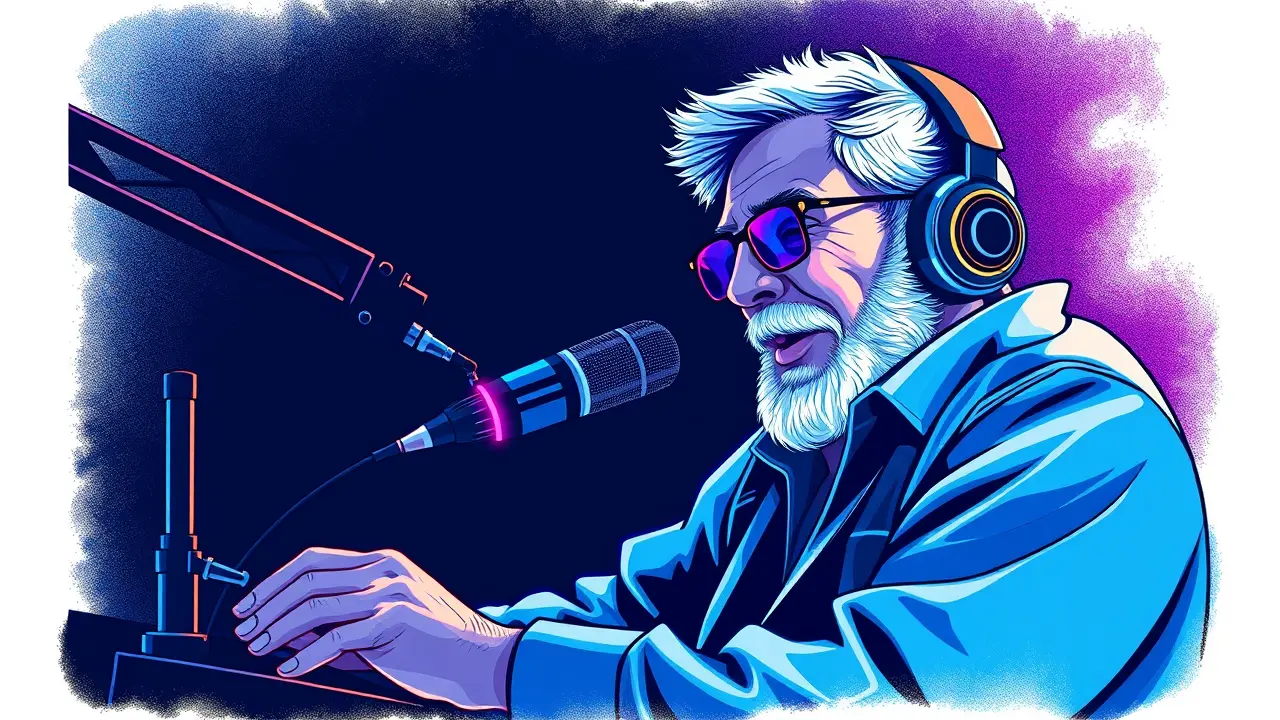
Entertainmentcelebrities
Richard Pryor's Early Encounter With Lenny Bruce
BR
Brian Miller
9 hours ago7 min read6 comments
The story of Richard Pryor’s early encounter with Lenny Bruce isn’t just a piece of comedy trivia; it’s a foundational riff in the symphony of modern stand-up, a passing of the torch captured not in a grand ceremony but in the smoky, beer-stained confines of a New York nightclub. Picture the scene: the Café Au Go Go in the early 1960s, a crucible where the next generation of comedic voices—Pryor, a raw 23-year-old talent, alongside future icons like George Carlin and Lily Tomlin—were honing their acts, learning the ropes of timing and audience connection.Into this incubator walked Lenny Bruce, already a legend and a lightning rod, the man who had transformed comedy from a series of safe, mother-in-law jokes into a dangerous, boundary-pushing art form obsessed with social taboos, religion, and the justice system. For the young Pryor, who was then still performing in a more conventional, Cosby-esque vein, seeing Bruce was like a musician raised on scales suddenly hearing Jimi Hendrix for the first time; it was a cataclysm of style and substance.Bruce’s performance wasn’t merely about getting laughs; it was a searing, intellectual, and often chaotic monologue that treated the stage as a pulpit and a courtroom, a place to dissect hypocrisy with a jazzman’s improvisational flair. He didn't tell jokes so much as he conducted a public autopsy on the American psyche, and for Pryor, this was a revelation.The encounter was less a conversation and more an absorption, a moment where Pryor witnessed the sheer power of personal, confessional, and politically charged material. This was the seed that would later germinate into Pryor’s own revolutionary work, where he would ditch the safe material and begin mining his own turbulent life—his childhood in a brothel, his struggles with race and addiction—to create a body of work that was as brutally honest as it was hilarious.Bruce demonstrated that a comedian’s most potent material wasn't out there in the world of generic observations, but deep within their own scars and vulnerabilities, a lesson Pryor took to its logical, brilliant extreme. The lineage is clear: Bruce’s confrontational jazz gave way to Pryor’s funky, soul-baring symphony.It’s a lineage that echoes through the decades, from Carlin’s angry linguistic precision to Dave Chappelle’s modern social commentaries, all tracing back to those moments in clubs where one master, perhaps without even realizing it, showed a future king the true power of the microphone. That single, likely brief crossing of paths was a quantum moment in comedy, a collision of artistic trajectories that forever altered the rhythm and blues of stand-up, proving that the most influential lessons are often learned not in a classroom, but in the dim light of a club, from a poet on the edge.
#Richard Pryor
#Lenny Bruce
#stand-up comedy
#early career
#Vice
#featured
Stay Informed. Act Smarter.
Get weekly highlights, major headlines, and expert insights — then put your knowledge to work in our live prediction markets.
Related News
© 2025 Outpoll Service LTD. All rights reserved.


